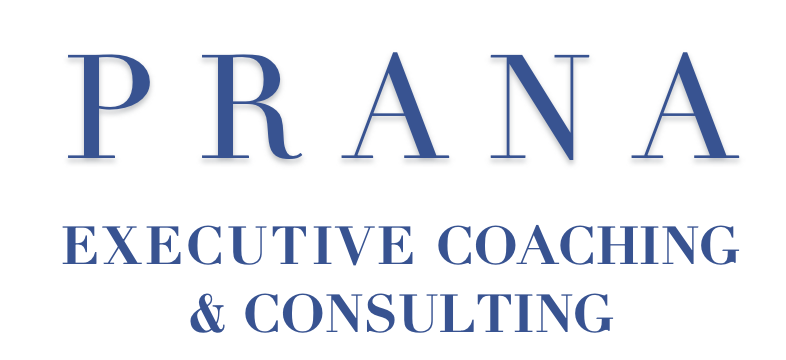Creating a coaching culture
Many organizations use external, professional coaches to provide leadership development support to their executives. In additional there is growing trend in companies looking to create internal coaching cultures, where leaders and managers are skilled at coaching their reports. Well-executed, a coaching culture can have a significant impact on performance and results.
What is a coaching culture? Companies with strong coaching cultures have leaders who are skilled at giving and receiving feedback, encouraging potential and performance, and stretching and challenging each other’s thinking. A strong coaching culture has been shown to create positive business impact. One client reported that, at the end of a yearlong effort to create a coaching culture, the transformation had brought about a high-performance environment that holds people more accountable for delivering results while fostering a climate of full engagement, personal development, and mutual support.
How to create a coaching culture. Based on research and analysis, here are some of the basic steps that can be taken to create a coaching culture:
1. Identify the need for coaching: What is the “WHY?” and the desired outcomes. Whether it is to improve employee performance or develop leadership skills, it is important to determine specific goals, and to align coaching goals to organizational goals and values. You may also want to evaluate if there are existing norms or practices which may impede success, for example, unspoken but recognized coercive management styles amongst senior leaders.
2. Institute coaching into your leadership development programs. A pilot program, for example promoting coaching skills in a top talent development program, can be a smart way to test out approaches to building a coaching culture. This may include professional coaching, as well as coaching skills training and peer coaching circles for experiential learning. This also builds coaching skills within an early group of positive promoters and influencers.
3. Train HR managers and leaders to coach and ask key leaders to model coaching as often as possible. The best incentives for managers to adopt coaching is to see firsthand how coaching benefits performance. Frequent coaching conversations by senior leaders in real-time situations can create positive adopters, and illustrate how coaching is different from training or directly managing. Easily trainable coaching skills include active listening, asking powerful questions, and creating strong goals and development plans.
4. Create a supportive environment. Organizations which create a supportive environment where coaching is encouraged and recognized as a valuable tool for employee development are more successful with deriving benefits. Promote coaching as a collaborative communication technique that can be used in different situations, including one-on-one meetings, team meetings, and in peer coaching circles. Support might include encouraging time and resources for coaching in one-on-one meetings, recognizing coaching successes, and creating a feedback mechanism to measure coaching effectiveness. Resources which support coaching efforts, such as development plan frameworks, may also be offered.
5. Measure the impact: This includes tracking metrics related to the success of coaching, as well as gathering feedback from employees regarding their experiences with coaching. Based on these metrics, organizations can make changes and adjustments to their coaching programs to continuously improve and achieve their desired outcomes.
We regularly work with clients to create coaching cultures which fit organizational values and goals. Please contact us to schedule a conversation.
